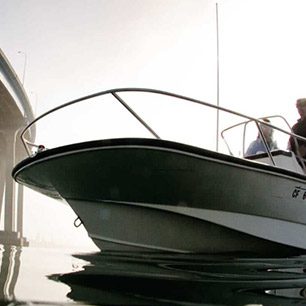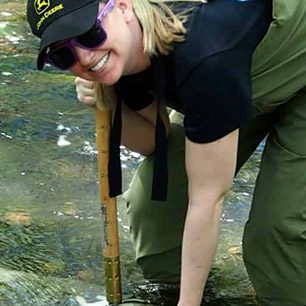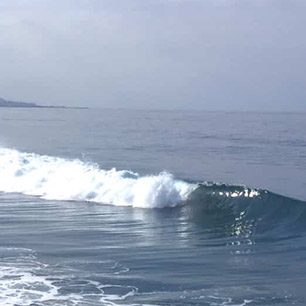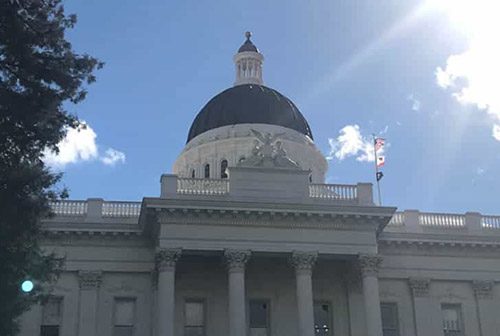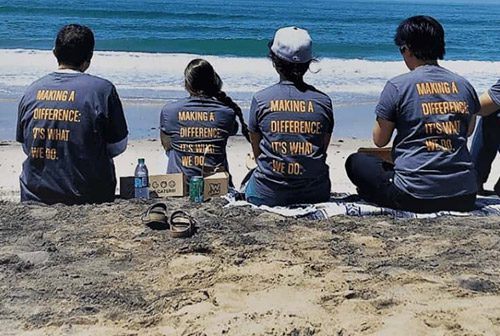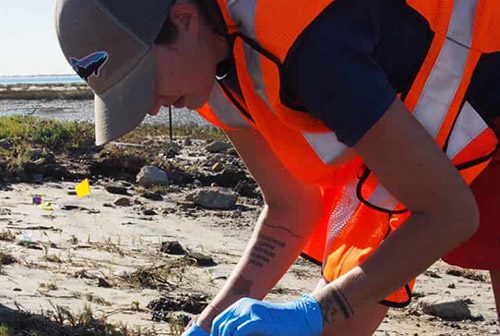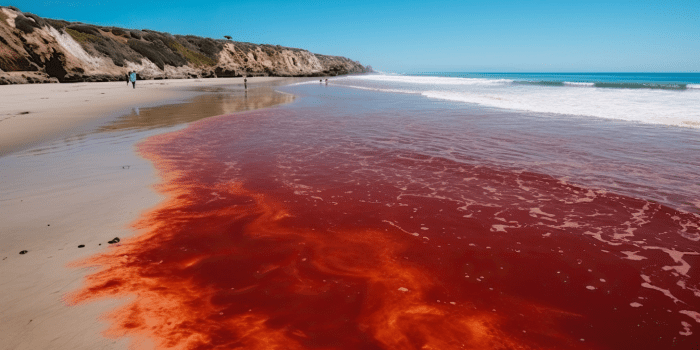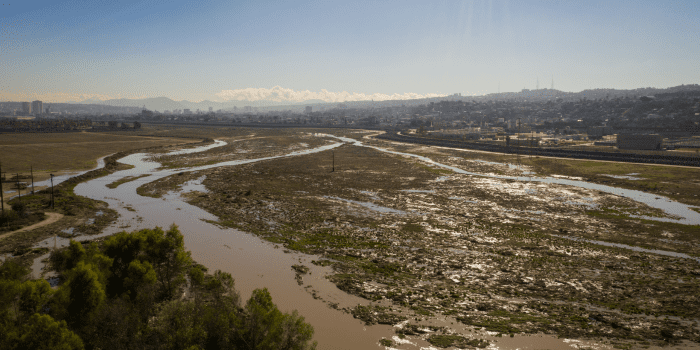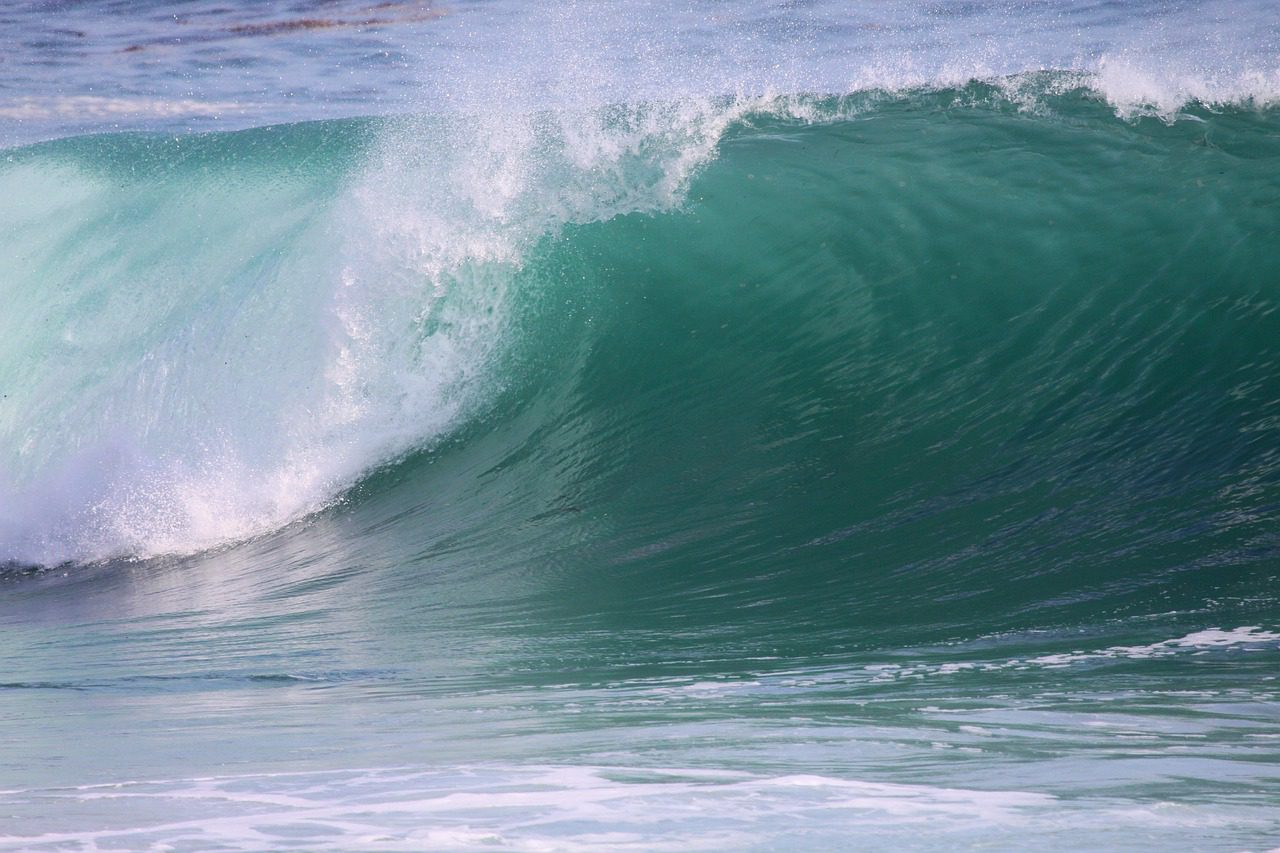San Diego-based watchdog says emergency conservation measures should become permanent new normal
SAN DIEGO, March 17, 2015 – San Diego Coastkeeper, which protects drinkable waters in San Diego County, supports today’s vote by the California State Water Resources Control Board to renew the emergency urban water conservation regulations on the heels of new NASA data showing that California has only about one year of water supply left in its reservoir. However, says Coastkeeper’s Waterkeeper Matt O’Malley, the State Board should approve permanent regulations to ensure the state properly prepares for and reacts to the long-term effects from its driest, hottest year on record.
O’Malley says the current regulations aren’t promoting enough conservation as based on a poor showing of statewide water conservation in January. (State water use in January 2015 was reduced by 8.8% compared to use in January 2013; the Governor’s emergency drought order calls for a 20% reduction compared to 2013).
“Education alone is not enough, and those who continue to waste should be held accountable. Any adopted measures will fall flat if not properly enforced,” said O’Malley.
The State Water Board’s action today renews the emergency regulations adopted last July pursuant to the Governor’s emergency declaration. The regulations include a few small improvements, including a prohibition on watering your lawn during and 48 hours following a rain event, a restriction for restaurants to only serve water upon request, and a requirement for water agencies to promptly notify customers of leaks.
These measures formalize water common sense, but permanent, deeper changes are needed as hotter, drier conditions are expected to be the new normal in California. For example, stricter regulations on outdoor water use and landscape watering, requirements for golf courses to use recycled water instead of potable, and a prohibition on using potable water for all ornamental fountains and decorative water features.
San Diego Coastkeeper would like to see the state approve permanent mandatory conservation and require agencies and cities to provide regular reports on their enforcement actions to ensure they follow through on the State Board’s mandates.
“At this point, many conservation strategies focus mainly on more education, but we call on jurisdictions within San Diego County to be leaders when it comes to the State Board’s mandates,” said O’Malley. “In addition to making mandatory conservation permanent and requiring regular reporting of enforcement actions, we’d like to see those empowered with enforcement duties doing all they can and hold water wasters accountable. We don’t have time or water to waste.”
###
SAN DIEGO COASTKEEPER: Founded in 1995, San Diego Coastkeeper protects and restores fishable, swimmable and drinkable waters in San Diego County. Visit us online at https://www.sdcoastkeeper.org


